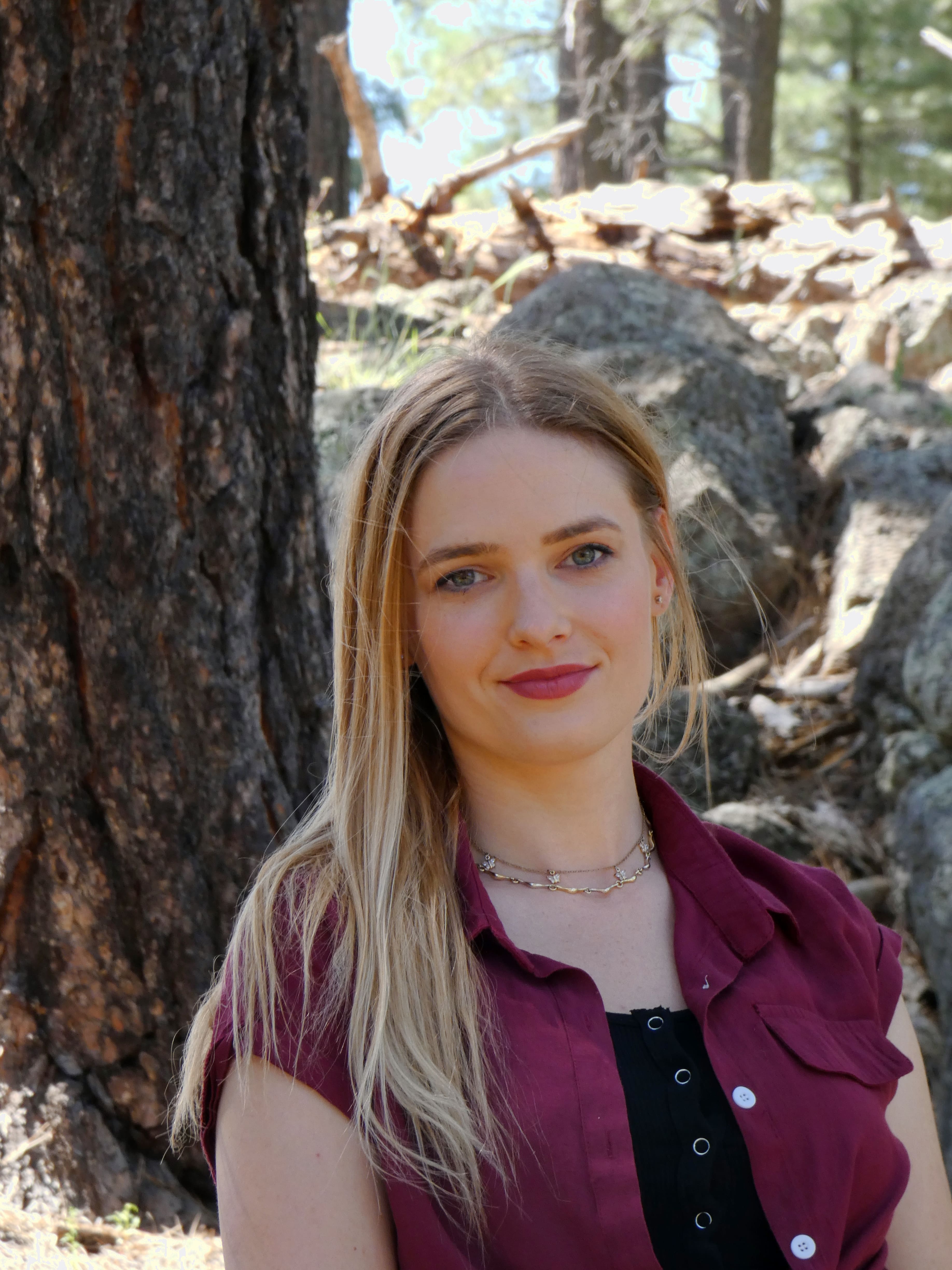Marine Biodiversity
Climate Change
Post-Doctoral Fellowships
Mexico
High resolution paleoceanography of the southern Gulf of California during the Middle and Late Holocene
For his study, Dr. Barbara will work on a reconstruction of environmental changes in the southern part of the Gulf of California over the last 6,000 years. The originality of his project stems from the comprehensive analyses of sediment records that he will conduct. Dr. Barbara will apply robust dating techniques and will use diatoms, which are microscopic algae fossilised in sediments. Each diatom species lives under specific conditions, e.g. at a given temperature, thus providing valuable information on the environmental conditions during its lifetime. Dr. Barbara will also carry out chemical analyses on sediment cores in order to study past rainfalls and river discharges in this region.
By investigating the past evolution of environmental conditions in the Gulf of California, Dr. Barbara hopes to unravel interactions between the ocean, the atmosphere and the biosphere at different time scales. His work might bring a significant contribution to the scientific community working on the Gulf of California and particularly to scientists from the IPCC (Intergovernmental Panel on Climate Changes). His findings could also contribute to the Mexican National Agenda on Climate Change, a program created by the Mexican government and aimed at adapting the country to changing environmental conditions, by providing information for regional climate prediction models.
Saving one of UNESCO's world heritage sites
To add or modify information on this page, please contact us at the following address: community.research@axa.com

Loïc
BARBARA
Institution
Universidad Nacional Autónoma de México
Country
Mexico
Nationality
French
Related articles
Climate Change
Food & Nutrition
AXA Chair
Argentina
Harnessing the Potential of RNA: Pioneering a Sustainable Path to Climate-Resilient Crops
Federico Ariel's research project addresses this critical threat to global agricultural productivity and offers a potential solution. His focus on... Read more

Federico
ARIEL
National University of the Litoral (UNL)
Climate Change
Post-Doctoral Fellowship
Hungary
How Will Climate Change Affect Bird-Spread Diseases
Expected start date:Aug-2023 Human, animal, and environmental health are interconnected. Climate change may alter the transmissions of diseases that can... Read more

Tamara
SZENTIVANYI
.thumbnail.jpg)